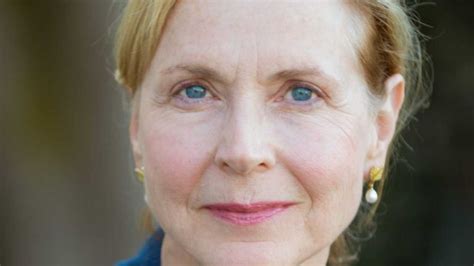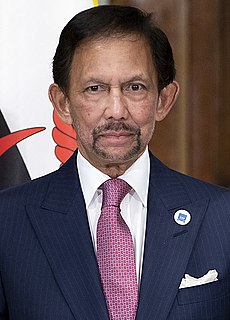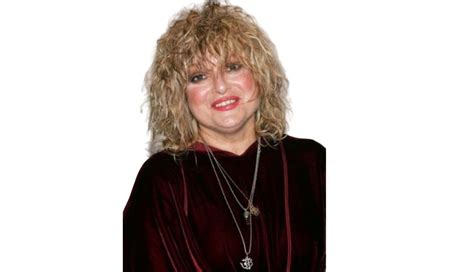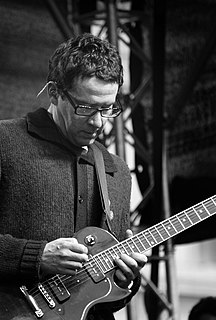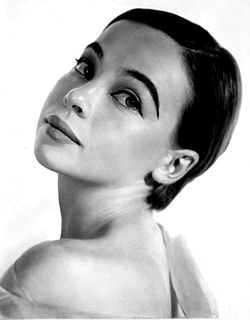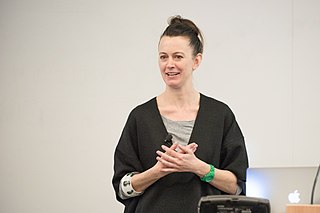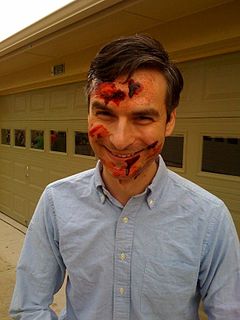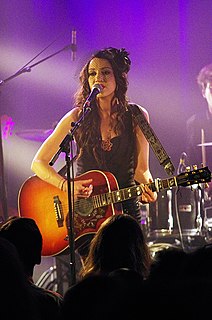A Quote by Nancy Horan
I always use primary sources, in addition to reading biographies and other materials.
Related Quotes
The chemists work with inaccurate and poor measuring services, but they employ very good materials. The physicists, on the other hand, use excellent methods and accurate instruments, but they apply these to very inferior materials. The physical chemists combine both these characteristics in that they apply imprecise methods to impure materials.
It's hardly possible to overstate the value, in the present state of human improvement, of placing human beings in contact with other persons dissimilar to themselves, and with modes of thought and action unlike those with which they are familiar. Such communication has always been... one of the primary sources of progress.
